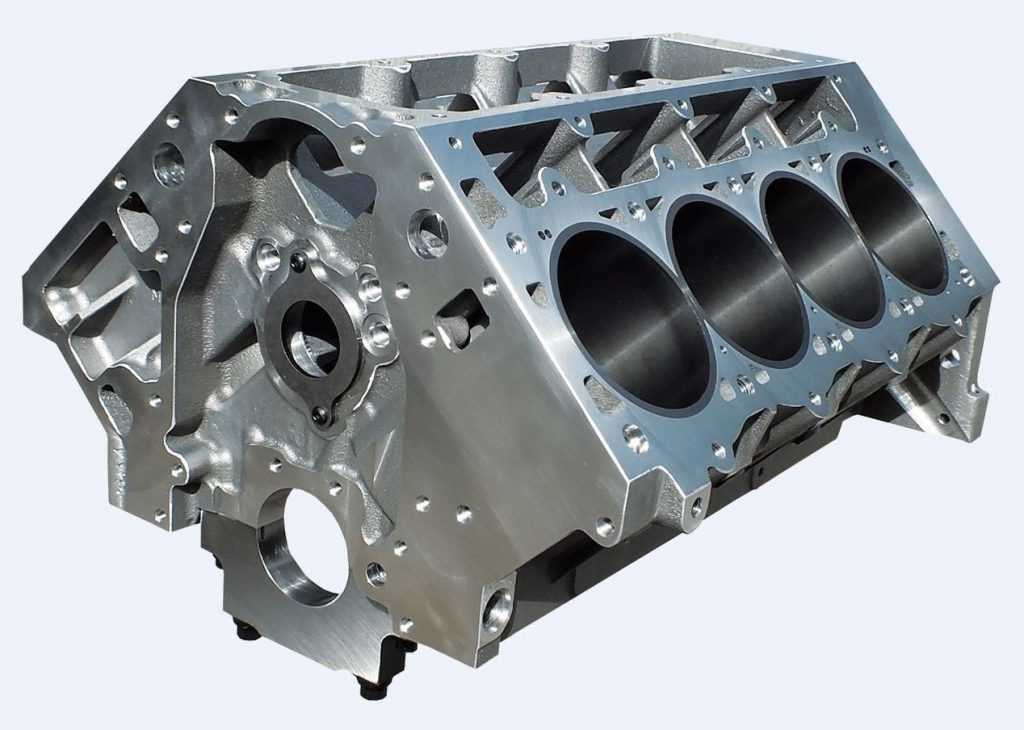How Long Do Car Engines Last?
Introduction
Car engines are complex machines that require proper maintenance and care to ensure optimal performance and longevity. The lifespan of a car engine depends on various factors, including driving habits, maintenance practices, and the specific type of engine. Understanding these factors can help you prolong the life of your car’s engine and keep it running smoothly for many years.
Factors Affecting Engine Lifespan
Driving Habits
Aggressive driving, such as frequent acceleration, hard braking, and excessive idling, puts additional strain on the engine and its components. These habits can lead to premature wear and tear, reducing the engine’s lifespan. Conversely, gentle driving, maintaining a consistent speed, and avoiding excessive idling can significantly extend engine life.
Maintenance Practices
Regular maintenance is crucial for prolonging engine life. This includes:
- Changing oil and filter regularly as recommended by the manufacturer.
- Checking and topping up fluids such as coolant, brake fluid, and transmission fluid.
- Inspecting and replacing spark plugs, air filters, and timing belts at recommended intervals.
Neglecting maintenance can lead to accumulated damage, reducing engine efficiency and shortening its lifespan.
Engine Type
Different types of engines have varying lifespans based on their design and construction. While generalizations can be made, actual longevity may vary within each type. Some common engine types include:
- Gasoline engines: Typically last 150,000 to 250,000 miles.
- Diesel engines: Known for their durability, can last 250,000 to 500,000 miles or more with proper care.
- Hybrid engines: Combining gasoline and electric power, hybrid engines may have extended lifespans due to reduced stress on the gasoline engine.
Warning Signs of Engine Problems
Recognizing the early signs of engine issues can help prevent catastrophic failures and extend its lifespan. Common warning signs include:
- Unusual noises or knocking sounds.
- Excessive oil consumption or leaks.
- Reduced engine power or sluggish acceleration.
- Check engine light illumination.
If you experience any of these symptoms, it’s important to consult a mechanic promptly for diagnosis and repair.
Tips for Extending Engine Life
By following these tips, you can help prolong the lifespan of your car’s engine:
- Drive responsibly and avoid aggressive driving habits.
- Stick to the recommended maintenance schedule and use high-quality fluids.
- Ensure your car is tuned properly for optimal fuel efficiency.
- Avoid overloading your vehicle, especially with heavy loads.
- Consider using synthetic oil, which offers better lubrication and protection.
Conclusion
The lifespan of a car engine is influenced by a combination of factors, including driving habits, maintenance practices, and engine type. By understanding these factors and taking proactive measures, you can significantly extend the life of your engine and enjoy reliable performance for many years to come. Regular maintenance, responsible driving, and prompt attention to any engine issues will ensure that your car’s heart keeps beating strong for a long time.





